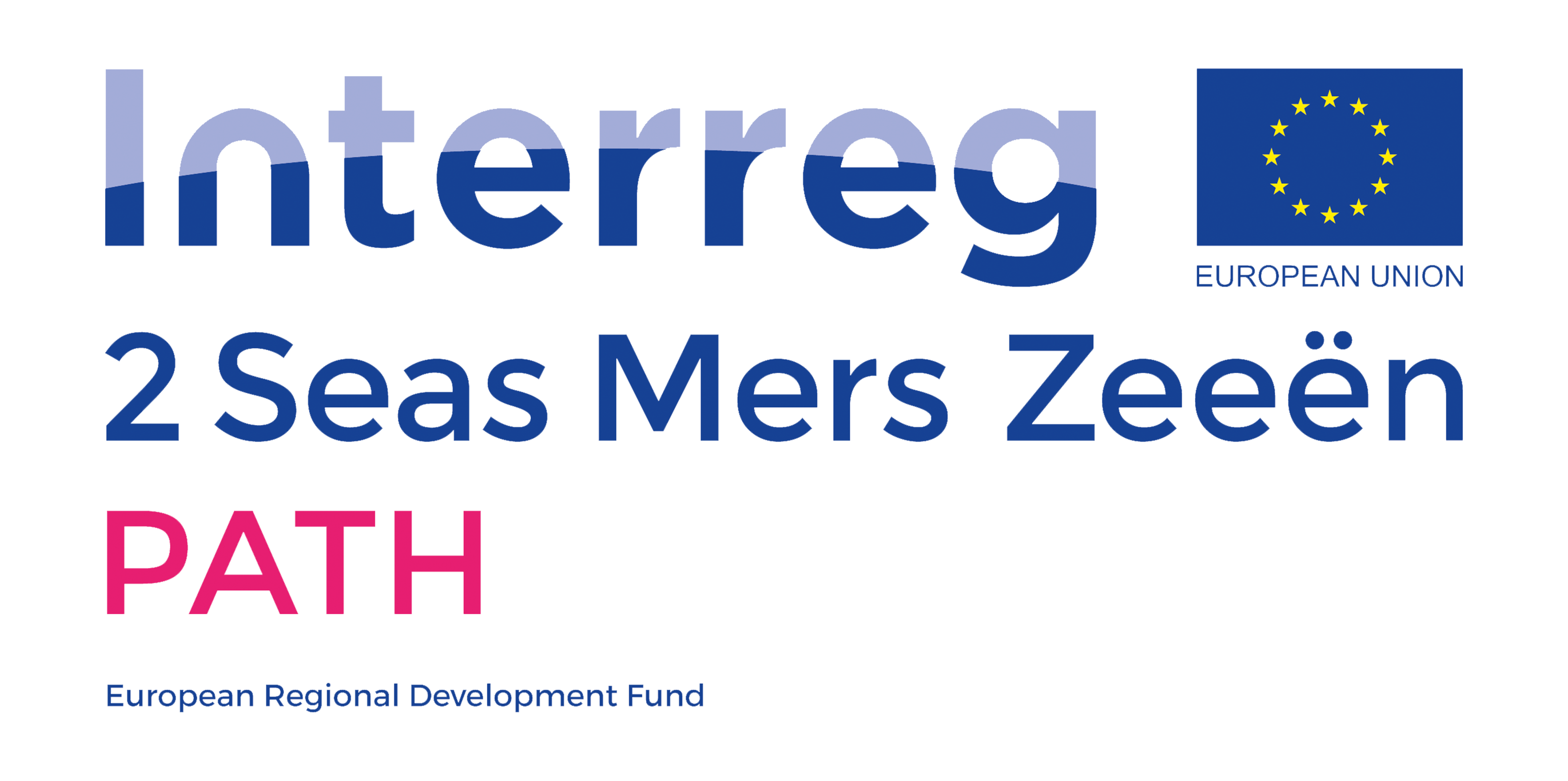
© 2021 Copyright: Bournemouth University
Some women can develop postnatal post-traumatic stress disorder (PTSD) following traumatic events during labour and childbirth. This could occur due to a long and painful delivery, unplanned caesarean section, emergency treatment, unexpected and traumatic experiences during birth.
The traumatic experiences can at times negatively affect mother’s relationship with their baby.
Negative subjective experience of childbirth is known to be the most important predictor for postpartum PTSD. Fathers and partners can also experience extreme distress as a result of childbirth.
NICE guidelines (CG192) states that professionals should avoid single‑session high‑intensity psychological interventions with an explicit focus on ‘re‑living’ the trauma to women who have a traumatic birth.
Tokophobia is the severe fear of childbirth. It can occur if there is past history of birth trauma, PTSD, anxiety disorder, past trauma such as sexual abuse, assault or rape or gynaecological problems.
Women with tokophobia should be referred to mental health specialists for pregnant women. They can be offered cognitive behavioural therapy (CBT). The specialist could also discuss options for giving birth. According to National Institute for Health and Care Excellence (NICE) guidance, women should be offered a planned caesarean section if they have had treatment and support but are still too afraid to have a vaginal birth.
Howard et al Lancet series on Perinatal Mental Health (2014) Non-psychotic mental disorders in the perinatal period.
NICE Guidance CG192 Antenatal and postnatal mental health: clinical management and service guidance.